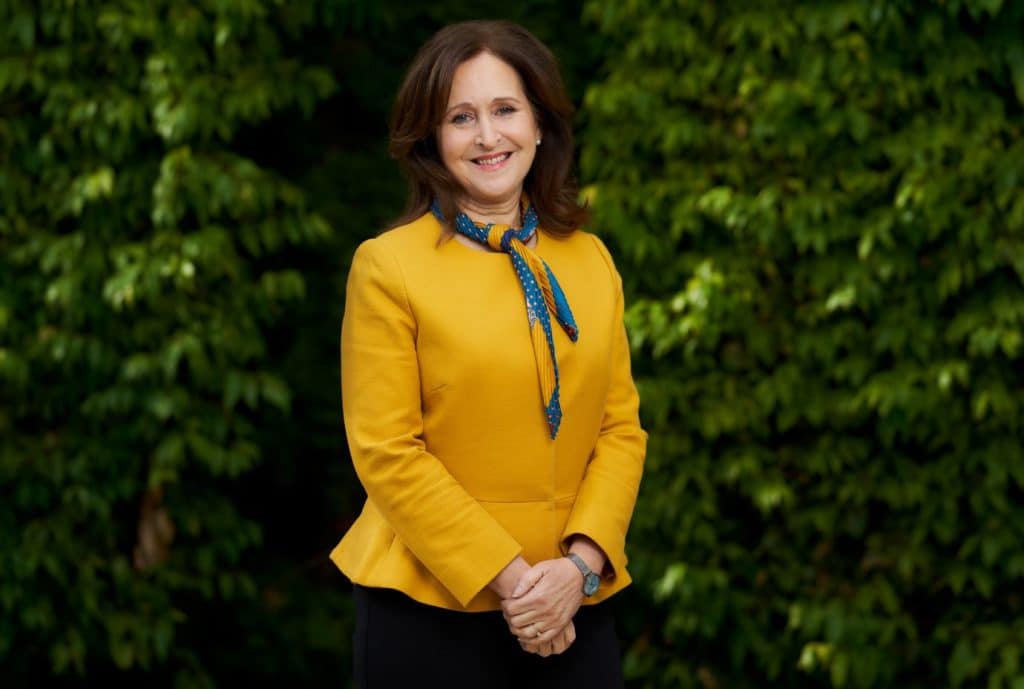Australian mothers have already missed out on more than $2.8 billion in superannuation savings at retirement and they are set to lose much more, new modelling today shows.
Failing to pay superannuation on paid parental leave is behind the loss in retirement savings, with women set to continue to lose out until the government introduces the entitlement on its Commonwealth scheme.
The modelling from HESTA and Laneway Analytics shows that delaying paying super on paid parental leave for one year – until July 2024 – would reduce retirement savings of a typical HESTA member who has a child in the financial year of 2024 by more than $6,000.
An extended delay of the reform until July 2025 would reduce the retirement savings of a HESTA member with two young children by $12,7000.
HESTA CEO Debby Blakey said the lack of reform when it comes to paying super on paid parental leave is “unfair” for new parents, especially women who tend to take more parental leave than men.
“Failing to pay super on parental leave pay has seen working mums unfairly miss out on billions of dollars in super, and this research shows they’ll keep losing thousands of dollars in retirement savings each year this important equity reform is delayed,” she said.
“Our super system is one of the world’s best but clear, persisting gaps remain where millions of Australians, mainly women, are still falling through the cracks and not getting the full benefits of super. For women this means they are still retiring with around a third less super than men.”

Blakey said extending the Super Guarantee to workers taking paid leave to care for children will create a fairer retirement system, as well as contribute to closing Australia’s significant gender super gap. Currently, the federal paid parental leave scheme is the only paid leave in Australia that does not come with an entitlement to superannnuation.
“The federal government’s decision this week to cut back super tax concessions for super account balances over $3 million is an important sustainability measure, but it is critically important that the government acts now to ensure these savings help deliver a fairer and more equitable super system,” Blakey said.
“That’s why we’re calling on the government to prioritise paying super on the Commonwealth Parental Leave Pay scheme and other important equity measures. Not paying super on parental leave pay sends a message that unpaid caring work is undervalued when in reality this work is indispensable to our economy and the wellbeing of families.
“Nearly 80% of our members are women who work mainly in caring roles that are typically lower paid such as aged care and early childhood education. They shouldn’t be financially penalised at retirement after spending their lives looking after others.”

